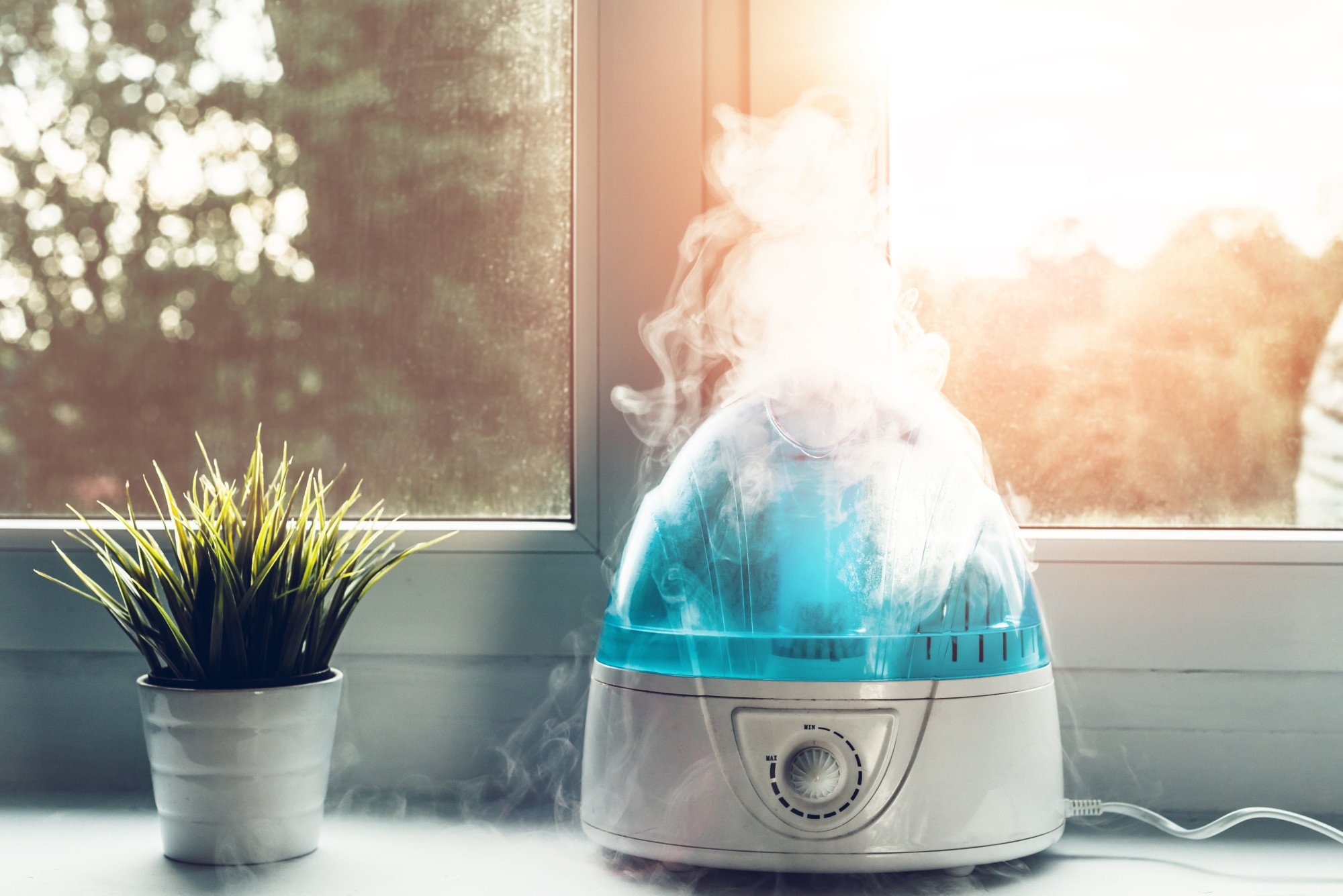Did you know that over 2 billion people across the globe don’t have access to clean, safe drinking water?
Access to clean water is an ongoing problem on a global scale. Fortunately, you don’t need to travel halfway across the world to find clean, filtered water.
In this article, we’ll walk you through the top five types of water filters, helping you choose the right one for your needs and budget.
Read on to discover the variety of water filters available and how you can make an informed choice.
Mechanical
This type of filter works by trapping contaminants in a screen or series of screens with different pore sizes. This filter mainly works for larger debris in your water, such as soil particles or other organic materials.
This type of filter is commonly seen in the aquarium hobby for it traps fish food and other decomposing materials while letting the beneficial bacteria pass through.
This also is one of the cheaper options for water filters; most of the time, you don’t need to hire people to install this filter.
Absorption
Absorption filters extensively remove contaminants like chlorine, lead, and mercury. They’re also very affordable and easy to find. However, they can’t remove all types of pollutants, so it’s essential to check the labels carefully to ensure your chosen filter will work for your needs.
This type of filter can be tricky to replace, for it doesn’t have any physical indicators for when it must be changed. You can head to berkeycleanwater.com for a guide on replacing your absorption filter.
Alongside mechanical filtration, this type of water filter won’t break the bank costing around $50 for under-the-sink units.
Ultraviolet Filters
Ultraviolet (UV) water filters remove contaminants by using ultraviolet light to kill microbes and bacteria. UV water filters effectively remove many different pollutants, including viruses, bacteria, protozoa, and algae.
UV filters do not remove dissolved minerals or chemicals from water, so they are often used in conjunction with other filters. This type of filter typically costs $200 – $1,000 per unit.
Reverse Osmosis
Reverse osmosis systems force water through a semi-permeable surface to remove contaminants. This type of filter is one of the finest and can be combined with the other types.
Though one of the best at filtering water, most of the time, this level of filtration isn’t necessary for the average household. Also, this type of filter could cost up to $4,000.
Ion Exchange
If you find your showerheads and other plumbing forming white, salt-like materials, you might need an ion exchange filter. This type of filter removes calcium and magnesium ions which causes that white substance to form and replaces them with sodium ions.
Installing this water filter could cost you $1,000–$2,000.
Choosing Among the Types of Water Filters
Now that you know the different types of water filters, you can know what filter to choose for your household, depending on your specific needs.
Make sure to ask professionals for advice before finally deciding what system to install in your house so that you will not encounter any problems afterward, and maintenance will be easier.
Did this article help you in choosing a water filter? You can read more topics involving home improvement in this blog!



